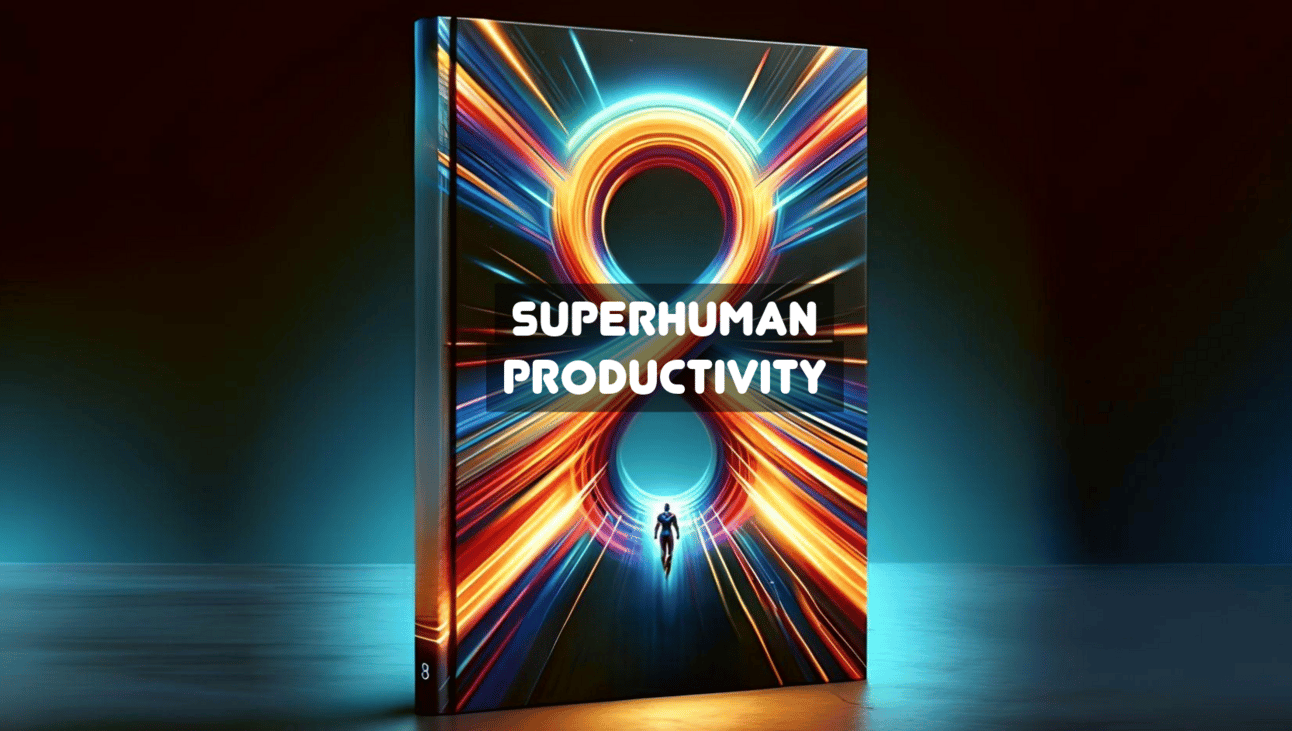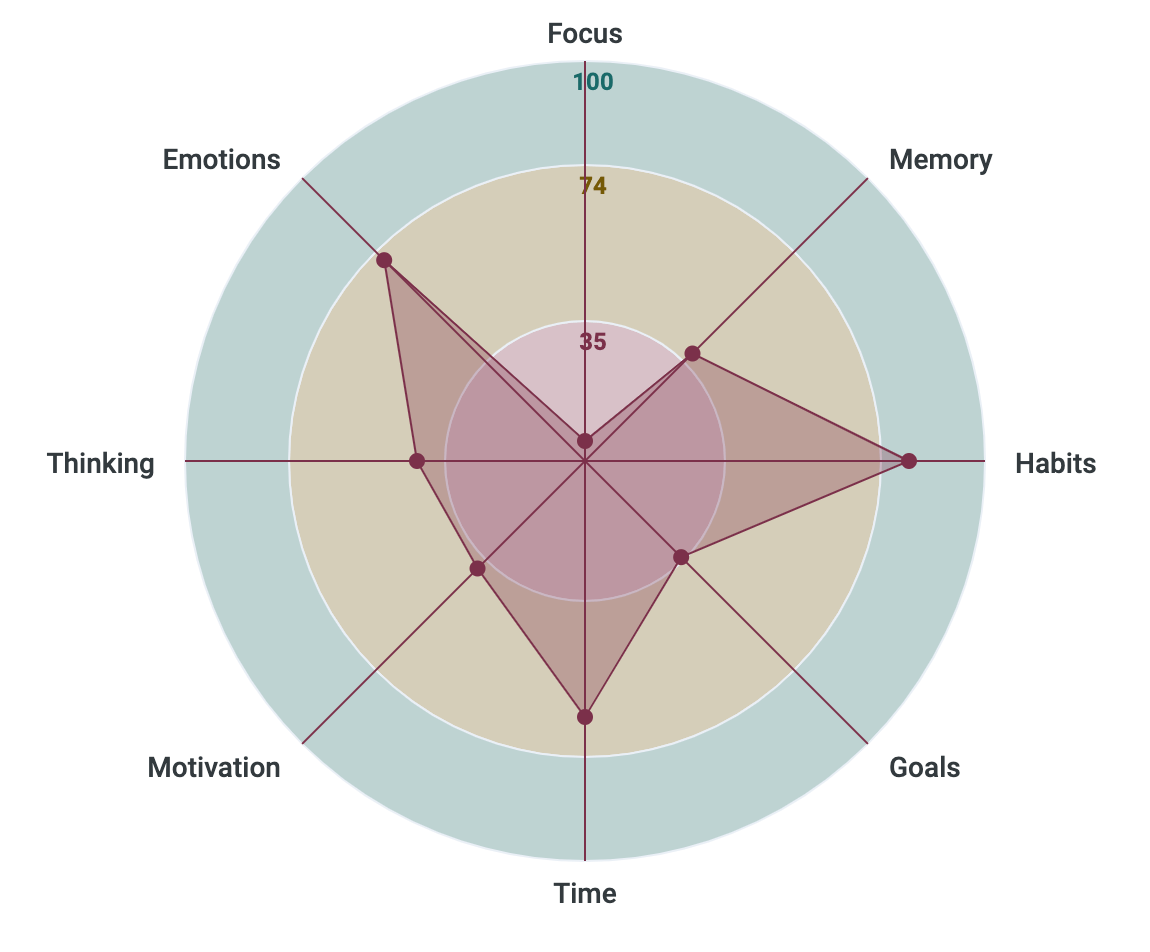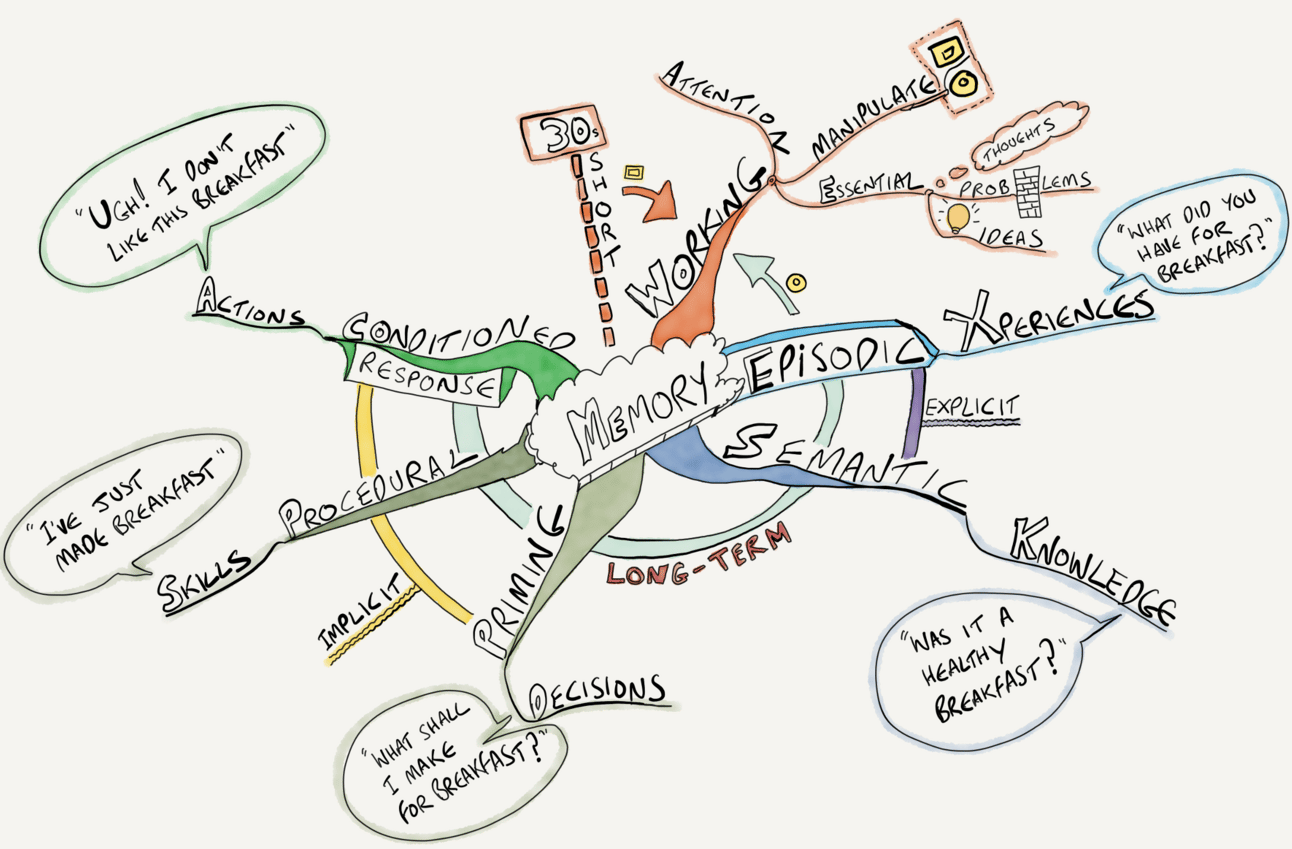- Superhuman Productivity
- Posts
- 8 Superhuman Productivity Secrets
8 Superhuman Productivity Secrets
Revealed...

This week on Prime Focus: Superhuman Productivity!
The 8 Secrets to Superhuman Productivity 🏆
Tiny Habits Free 5-Day Course 🌱
Discover Your Productivity Score 💯
Rate this edition ✅
This week I’m going deep and revealing the secrets to finding ‘true’ productivity and balance in your life.
The 8 Secrets to Superhuman Productivity
If you want to create real change in your life, productivity is a non-negotiable 💪. The problem is, most people get productivity wrong.

The Art of Making Every Moment Count
Think about it, how many times have you got caught up being busy, ticking off stuff on a To Do list, rather than giving your attention to the things that create real impact in your life. Be it in your career, business, relationships, or personal growth.
If you want to live a more productive life, start by defining what productivity means to YOU?
Here’s my take…
“Productivity isn't about doing more, it's about creating impact with the time available. It's the art of making every moment count!” ⏳✨
If you don’t measure, you won’t know!
When it comes to understanding your current levels of productivity, it’s crucial to create a habit of measuring what’s working and what isn’t.
Think about how many times in your life you thought you were doing great but were perhaps missing the mark, or worse, did the opposite and ended up beating yourself up because you thought you weren’t good enough, but in reality, you were doing well.
If you track your progress, you can keep yourself honest, raise levels of positive accountability, and gain real insights that propel you forward.
This is where the Productivity Scorecard comes into play. Think of it as a Visual Dashboard that displays your strengths and weaknesses, allowing you to optimize where you are already doing well or kick-start an area that is struggling.

Let’s break it down:
Superpower Activation
Focus: Research tells us that we are creatures of distraction. Our brain goes in and out of attention four times every second. We are literally ‘built’ to be distracted. On top of this, multitasking is a fiction. A 10-year study by the Stanford Memory Lab demonstrated that when it comes to any activity requiring some ‘deep focus,’ those who multitask are at a serious disadvantage because of the switching costs effects - re-focusing, remembering where you left off, becoming more error-prone.
The upshot? One of the first skills you ‘must’ master on the road to Superhuman Productivity is the ability to hone your focus.
Memory: Those of you who have known me for a while will know that it all started with ‘memory’ for me. Creating Monkhouses Memory Masters, which reached 8 million viewers on the BBC, and becoming one of the world's first Grand Masters of Memory. Those initial years kick-started a 30-year journey into self-development and human performance. When it comes to memory, I take a more holistic approach than most.
Memory impacts every aspect of our lives. Knowledge is significant; being able to remember conversations on the fly, give talks without notes, remember names, etc., can all have a substantial impact. But the long-term implicit types of memory influence not just the decisions we take but also what we pay attention to, ‘what’ we remember, and the habits and behaviors that we form.

When you tap into the true superpower of your memory, you open a door to a world where you can not only learn faster and smarter, making things stick, but you also USE what you learn. You’re primed to pay attention to what’s important and cut through the noise.
Habits: It’s no secret that habits are a key ingredient in creating real change in your life. For the last 10 years, I’ve been a coach in something called The Tiny Habits® Method, developed by Dr. BJ Fogg, a behavior scientist at Stanford.
It’s one of the simplest models for creating new habits without the need for willpower or motivation. Being able to design behaviors that literally pull you forward is probably the greatest superpower of all.
If you’re new to Tiny Habits, here’s an example of a Tiny Habit Recipe:
A - The Anchor (a habit that already exists)
After I… sit down to start my workday
B - The Tiny Behaviour (should take under 30 seconds, you’ll grow this once it’s automatic)
I will… ask myself, “What’s my Prime Focus for today?” (this is just 1 thing you are absolutely committed to achieving no matter what!).
C - The Celebration (this makes the habit stick!)
Celebrate.. The celebration could be a high-five, a smile whatever works for you.
Once you master this method, your behaviors will require low mental effort and yield high impact. You'll be breaking habits that slow you down and making habits that lift you up, optimizing habits for high performance.
If you're new to this or simply want a refresher, jump onto my FREE 5-Day Course.
Powerhouse Productivity
Goals: With great clarity comes great focus. One of the most common questions I get asked is, “How can I deal with distractions?”, both internal and external. Over the years, I’ve accumulated a toolbox for this, but there is one strategy that, in my opinion, stands above them all, and its impact goes way beyond just feeling less distracted. And it’s this:
Clarity…
Being clear on what you want 3 years from now, 3 months from now, 1 week from now, and today! With extreme clarity, distractions don't stand a chance 🎯
That’s why I believe that merely selling someone a course doesn't work. We all know people buy these things, but most don't complete them, and even fewer follow through on what they learn. That's why in my own Prime Focus Programme, I work with people 'live' every single week. The accountability and follow-through are just way higher.
Not everyone needs this, so if you have the discipline to do this on your own or with a partner or friend, create a weekly routine where you:
Review the week (think: wins, challenges, insights).
Set intentions for the upcoming week (goals and activities).
Design habits that pull you forward.
Time: How many 'times' have you heard someone say (or thought this to yourself), “I don’t have enough time”?
My own philosophy on time has evolved as I've grown older.
Pre-kids, you feel like you don’t have any time.
After kids, you realize how much time you had.
In your 40s, 50s, and beyond, you see that some people you knew in your 20s are no longer around.
The takeaway? If you’re here, waking up in the morning, you have time. In fact, you're time-rich, no matter how busy you ‘think’ you are. You have the luxury of being here. That sense of gratitude is freeing.
Want to know the real secret to feeling time-rich? Express a sense of gratitude daily. Next, create a system for making the most of your time - structured, non-structured, JIT (just in time). If it works for you and FEELS good, it's right for YOU ⏰
Motivation: Both motivation and discipline are underrated. Your ability to create energy in your mind and body at will can be the difference between breaking through and giving up. Want to up your motivation game? Focus on these 3 areas:
How you breathe and how you move your body.
Your ability to create excitement around activities and events.
Your standards across 3 spheres (self, relationships, work).
Your determination and unwillingness to give up raise your standards 🔥
Confidence & Balance Blueprint
Thinking: Daniel Kahneman explains two ways our brain works.
System 1 is like a fast, snap-decision maker. It's quick and relies on gut feelings, but it can sometimes make mistakes.
System 2 is like a thoughtful detective, taking its time to figure things out carefully and logically. It's smarter but takes more effort to use.
Both systems work together to help us make decisions in our daily lives.
By recognizing which system is needed for any given situation and using the right mental models to help filter information for better decisions, you’ll discover that confidence in your decisions will increase and anxiety will go down.
Emotions: If you’re not paying attention to your emotions, or taking the time to reflect on your ‘inner game,’ you'll never be able to perform at your very best.
Deep understanding of your needs, values, beliefs, emotional patterns, and triggers is key. You bounce back when you get knocked down, showing unstoppable resilience and an empathetic approach to relationships ❤️
As an actor, I learned that emotions could be created, but they can't be forced. They are triggered by the movies we play in our minds. So, if you really want to master your emotions, pay attention to your internal movies, learn from them, and take time out to play some good ones.
Want to see how you rate across these 8 levers?
|  |
Reply